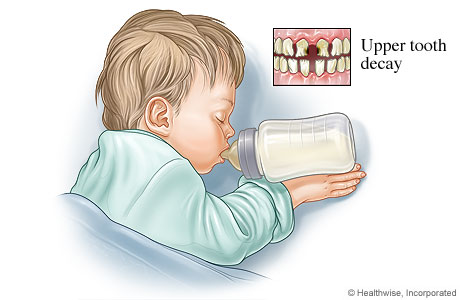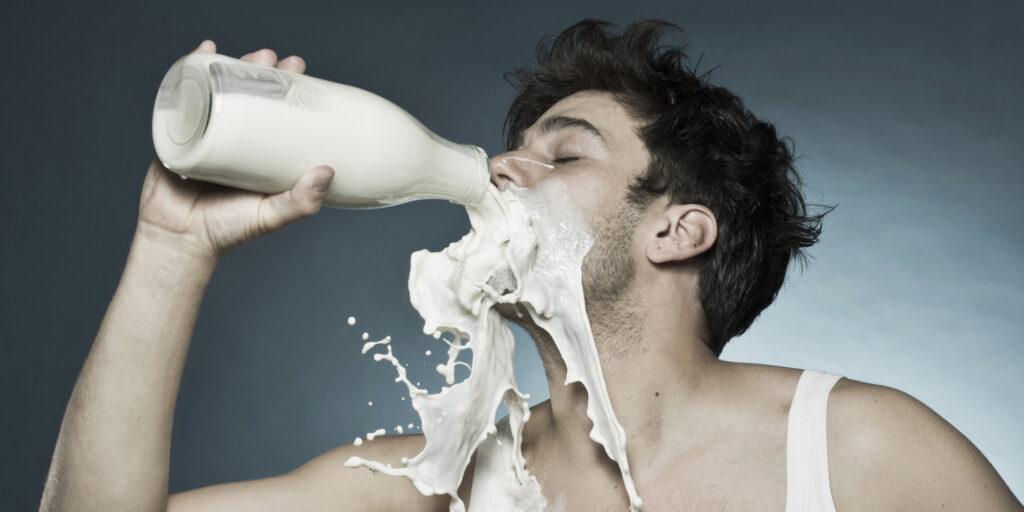Swishing milk in your mouth may seem counterintuitive when you are trying to keep your teeth fresh and clean, but it turns out that this old wives’ tale may be true. For simplicity sake, we will be referring to cow’s milk as “milk” for the rest of this article.
We all know that milk is good for health, and this is primarily because of the high concentration of calcium in milk. On average, an 8-ounce glass of milk provides 300mg of calcium. For reference, the National Institute of Health (NIH) recommends a daily calcium intake of 1,000mg for both men and women from ages of 19 to 50 years old. Other important minerals and vitamin present in milk includes magnesium, zinc, iodine, potassium, and vitamin A.
But what happens when one simply swishes milk in the mouth instead of consuming it? Is it actually good for the teeth as many nature guru have claimed?
As it turns out, the answer is both a yes and a no!
Here are some reasons why swishing milk can be good for your teeth.
- Casein, which makes up 80% of the protein found in cow’s milk, coats your teeth in the form of a protective layer, protecting the enamel from decay.
- Casein binds with the stain-causing polyphenols (also known as tannins), reducing its ability to stick to the enamel.
- Calcium and phosphorus present in milk are two of the three ingredients that make up hydroxyapatite, a complex mineral that is the main building block of the enamel. Together, they help in the remineralisation of the tooth.
- The near pH-neutral milk (pH level of 6.5 to 6.7) helps to neutralize any acidity in the mouth, thus preventing cavities and tooth decay.
As explained, milk is rich in various minerals and vitamins that together, help keep your teeth healthy and strong. As such, many swear by the “technique” and gargle milk in their mouth as if it is a mouthwash. So, when does swishing milk in your mouth become a bad thing for your teeth?
How Is Milk Bad for Your Teeth?
It happens when milk stays in the mouth for an extended period. This is due to the presence of a naturally occurring sugar called lactose in milk. Lactose is a disaccharide (two sugar compounds bonded together) that breaks down into galactose and glucose in the small intestine with the aid of lactase enzyme. Lactose intolerance occurs when the small intestine is unable to produce enough lactase to breakdown the lactose.
Lactose, while naturally present in cow’s milk, is still a sugar that feeds bacteria in the mouth to produce acids that attack your enamel. Thus, all forms of milk that contain lactose will result in the formation of cavities if exposed to the teeth for a prolonged period.

In fact, this is so pervasive among infants and toddlers that a term has emerged to describe decay in their upper front teeth: Baby Bottle Tooth Decay. The situation occurs when a baby if left with a bottle of milk for the entire night. Over time, frequent and prolonged exposure of the children’s teeth to milk causes the tooth to decay. This is exacerbated by the fact a child’s tooth is still developing and have a thiner enamel, making them at a much greater risk of tooth decay.







